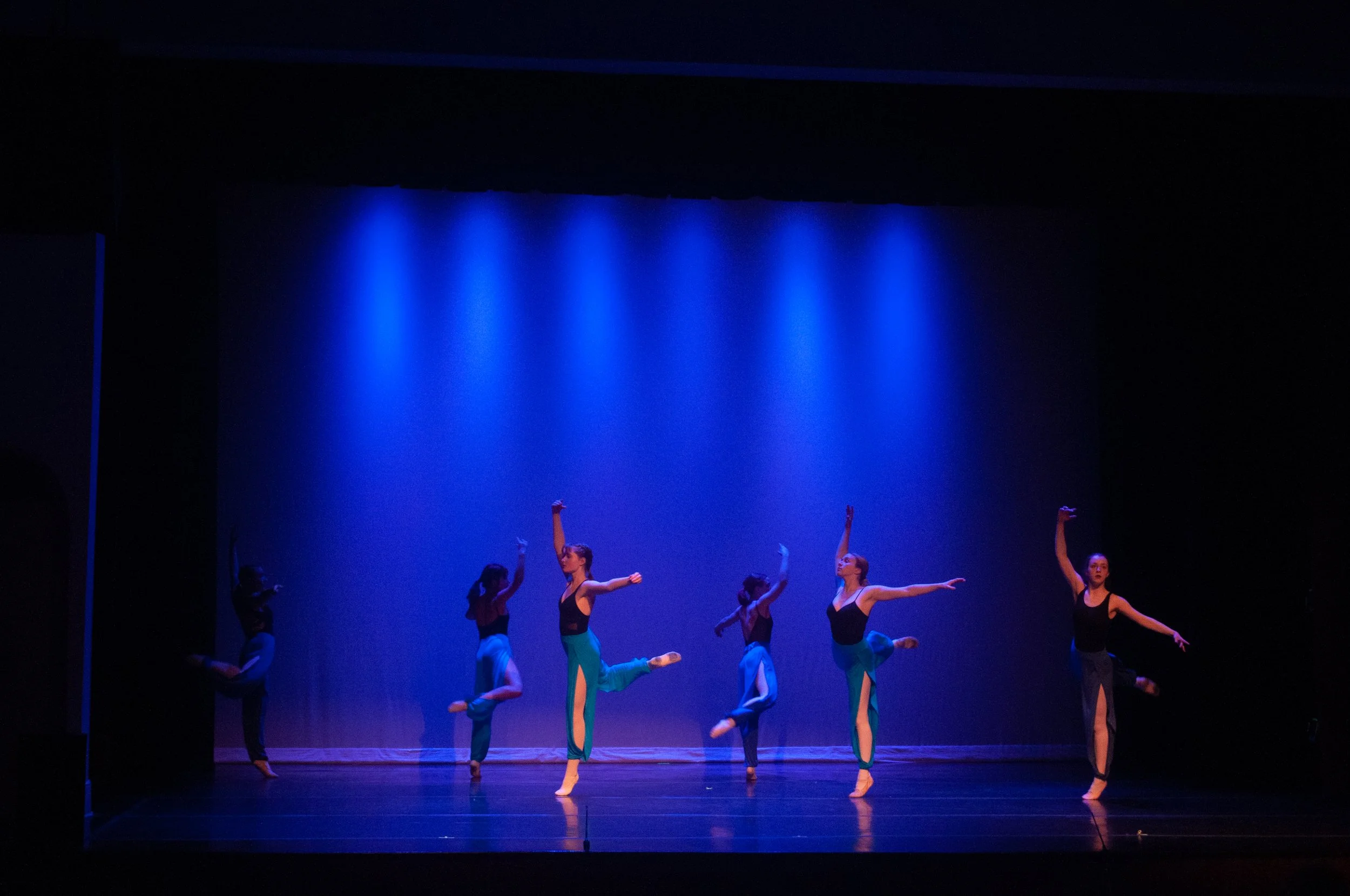
Our Mission
Factory Street Studio provides non-competitive dance education in Southeast Counties of Appalachian Ohio, enhancing dance technique, self-esteem, personal growth, and cooperative spirit.
FSS stands in solidarity with Black artists, Black students, and all our community members of color. We are committed to addressing the racial inequities in dance education, and pledge to start with our own organization. We can do better, and we join others in the demand for racial equality.
Our Story
Factory Street Studio is a non-profit dance studio founded in 1978 by two Ohio University graduates. Factory Street is one of the only non–competition studios in Ohio that emphasizes modern dance and the creative process.
A recipient of multiple Ohio Arts Council Grants, Factory Street Studio offers a curriculum that is capable of producing intelligent and expressive dancers with strong technical foundations and producing an avid dance audience with well-trained eyes for qualitative expression and technique.
Classes are taught from a physiologically sound basis- our dancers have a long dance-life expectancy, whether performing or observing.
In addition to technique and movement fundamentals, improvisation and composition are also taught, as we feel the creative process of dance-making encourages a variety of artistic, intellectual, and spiritual qualities necessary for all people.
Through community outreach programming and the more than $1000 a year in scholarships the studio gives, we are able to reach those students whom otherwise would not have the economic means or cultural opportunity to experience this art form. We train the artist in our students as well as the technician, encourage participation in all levels of dance, and offer a curriculum that will enrich students lives in body, mind, and spirit.
Our Concept-Driven Approach
Factory Street Studio’s curriculum is founded on a fourteen week, methods-based program designed to bring cohesiveness to students’ dance education. Every week throughout the fourteen-week semester, different dance concepts such as space, time, energy, and shape are incorporated into each class using movement games, concept-specific exercises, and improvisations.
Teachers are also encouraged to take inspiration from Bartenieff Fundamentals and Rudolph Laban’s movement effort systems. These concepts are used as the basis for each lesson plan regardless of the style of dance (teachers of creative movement, modern, ballet, and jazz classes will be incorporating the weekly concept into the genre-specific structure of that technique). This fourteen week plan exceeds the standards for K-12 Dance Education as put out by the NDEO.

